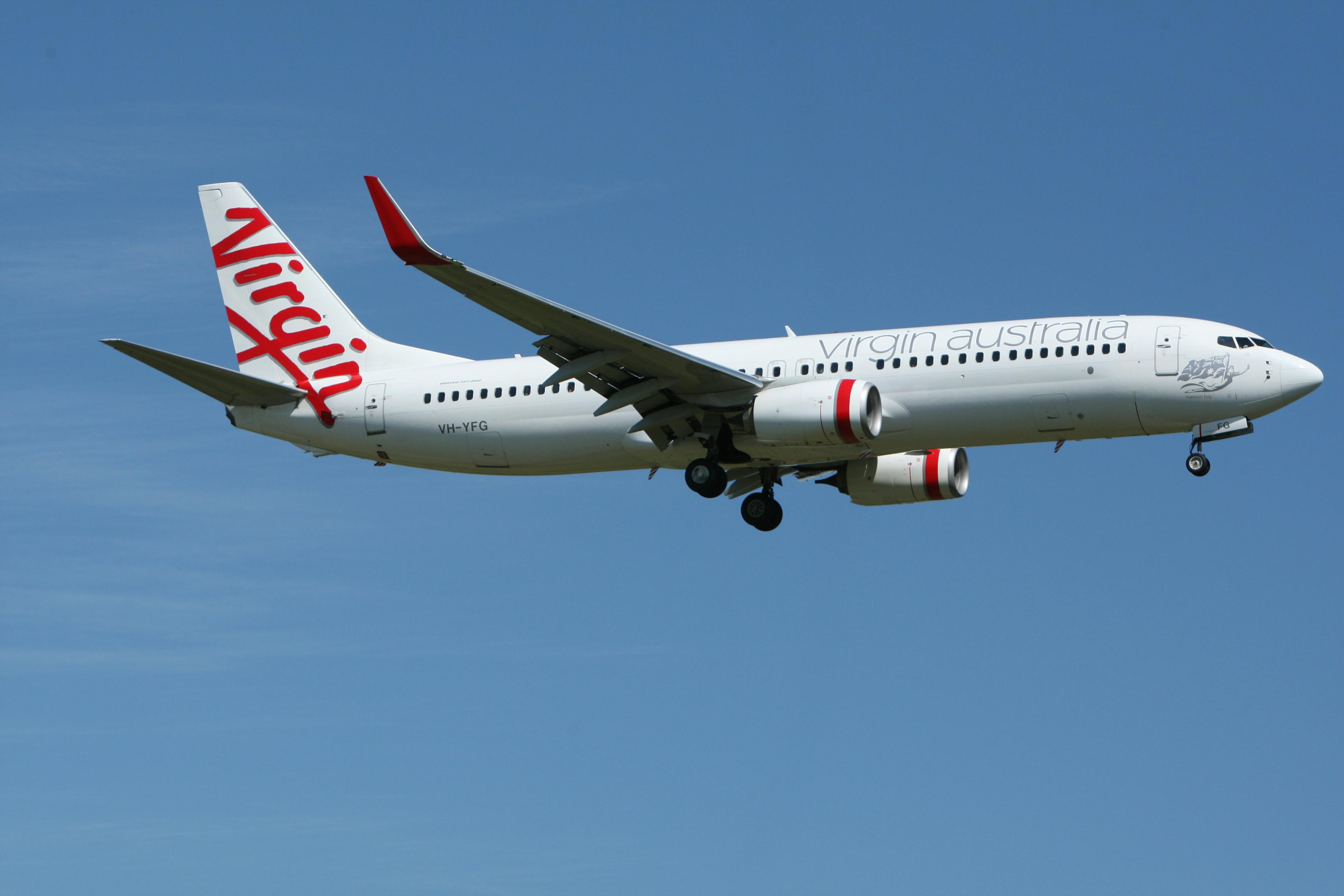
According to the Reserve Bank of Australia, a basket of goods and services worth $1 in 2019 would now cost $1.20 in 2024—an overall 20% increase, driven by an average annual inflation rate of 3.8%.
But while everyday costs have surged, the story is different for air travel. New data from FCM Consulting, the business travel advisory arm of Flight Centre Corporate, shows airfare increases have remained well below inflation over the past five years, even accounting for the pandemic's impact.
“We’ve seen a gradual softening of domestic fares over the last 12 months, with a 12% decline in the cost of an economy seat at the start of 2025 compared to early 2024,” said Felicity Burke, Director APAC at FCM Consulting. “Despite sharp increases during and just after the COVID years, the five-year growth in airfares remains relatively modest.”
Among the key findings:
By comparison, everyday essentials far outpaced airfares:
“When you compare these figures, it really puts the relative stability of airfares into perspective,” Burke added.
Even jet fuel, a major cost driver for airlines, rose 25% from 2019 to 2024 (according to IATA), though it has begun easing in early 2025. Meanwhile, passenger numbers have continued to climb, despite domestic flight capacity still lagging behind pre-COVID levels—a reflection of growing demand and higher operating costs.
Airfare Prices Expected to Hold Steady
Looking ahead, Burke said travellers should not expect major changes in airfare pricing over the coming months.
“We anticipate a period of price stability in the short to medium term, with minor fluctuations around holidays and key events,” she explained. “However, significant or sustained drops in fares are unlikely.”
A notable development is the Virgin Australia–Qatar Airways partnership, with new international services launching from June 2025. These could create short-term fare incentives as airlines stimulate demand.
For those planning international travel later in the year, Burke’s advice is clear:
“Book early. Especially for peak travel seasons. As seat occupancy rises, so will prices. Being proactive is essential for budget-conscious travellers, especially corporate travellers who often face limited flexibility.”
She added that planning around major events and peak travel periods is crucial—not just to manage airfare costs, but also accommodation, transport, and other related expenses.
A Competitive Travel Market Benefits All
Burke noted that international airline capacity has expanded more steadily than domestic, with foreign carriers recognising Australia as a key market.
“Australians continue to travel in large numbers—whether for business, leisure, or both. The good news is that we’re seeing more international carriers return or grow their presence, which is ultimately good for pricing and choice.”
This trend is consistent with observations from Corporate Keys, a provider of extended-stay accommodation for business and relocation travellers. As international and interstate travel picks up, Corporate Keys has seen increasing demand from corporate guests seeking cost-effective, flexible alternatives to traditional hotel stays. This mirrors the broader recovery and renewed activity in both the corporate and leisure travel markets.